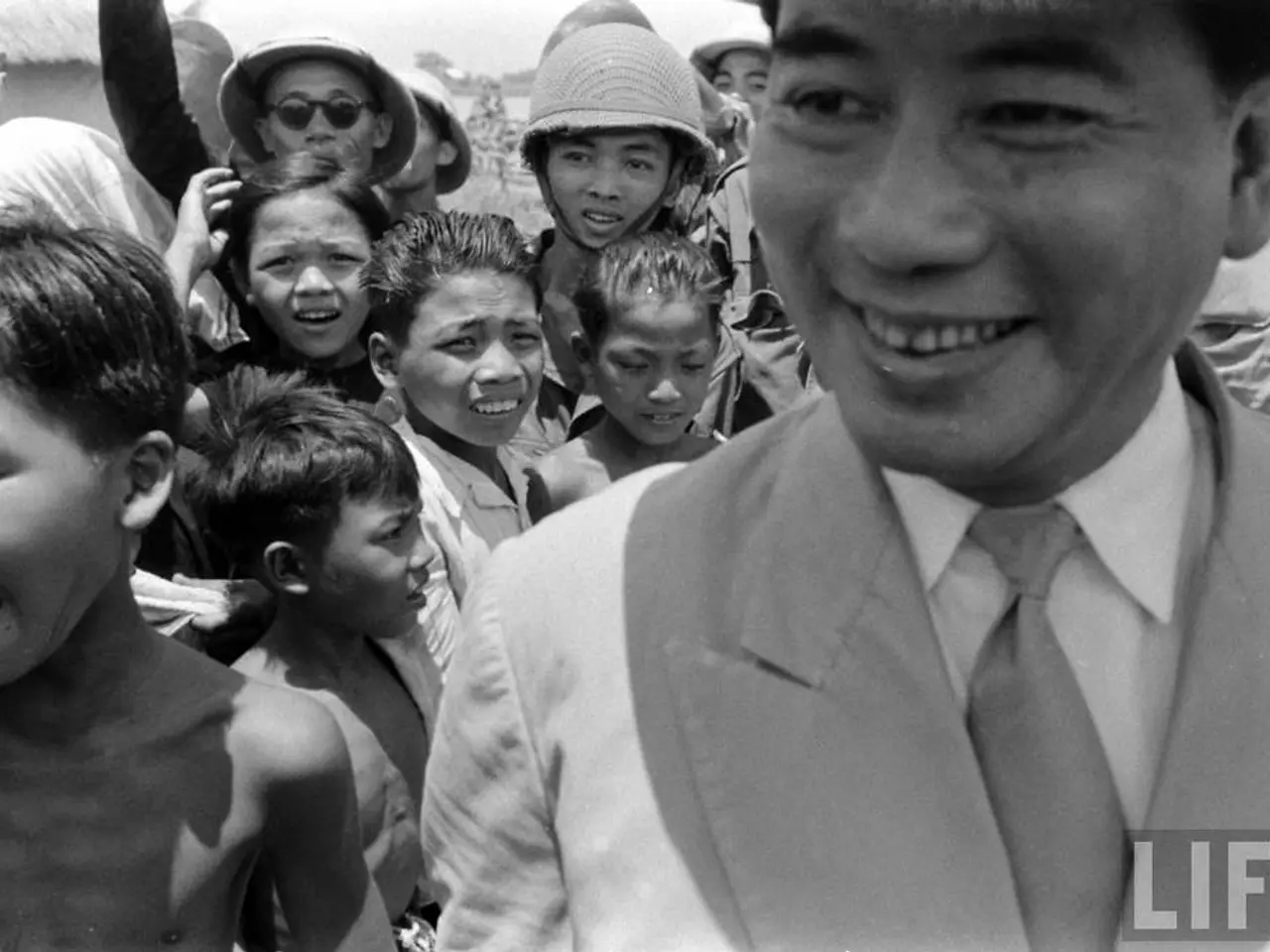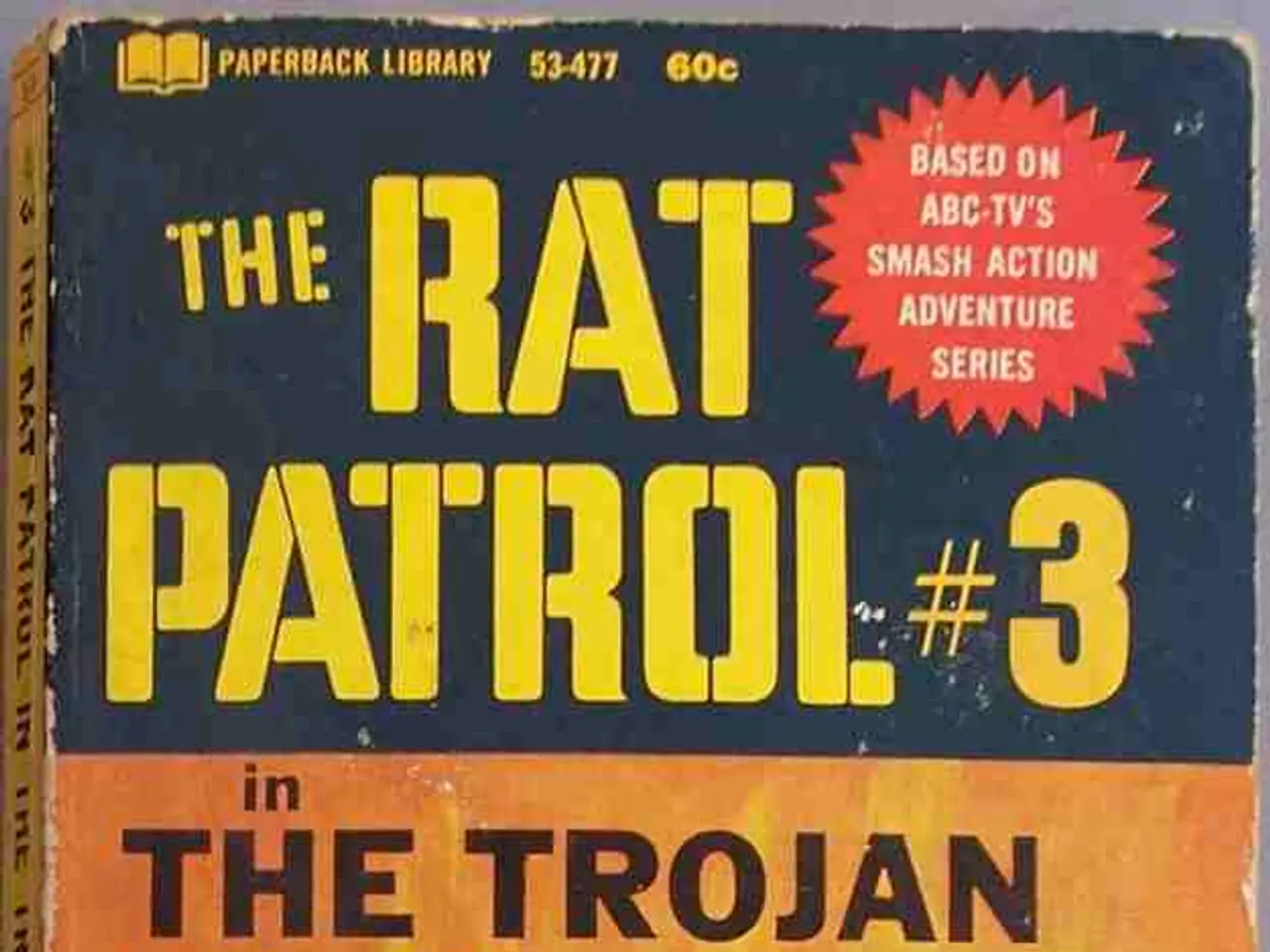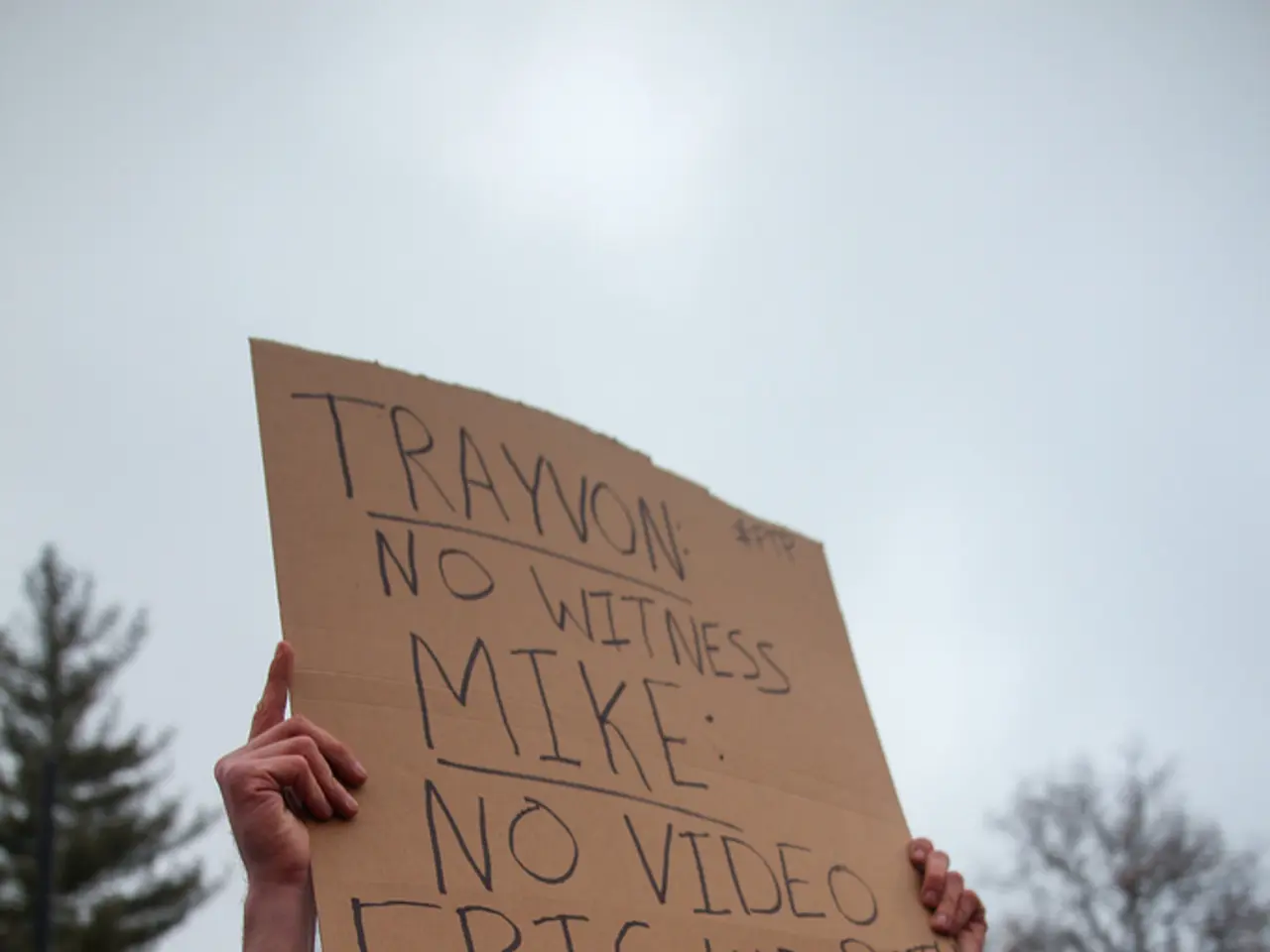Child detained for sharing speech of Human Rights Advocate Gulzar Dost online
In the troubled region of Balochistan, Pakistan, the human rights situation remains severe and deteriorating. This is evident in the recent arrest of Gulzar Dost, a vocal critic of enforced disappearances and human rights abuses, and the detention of an 8-year-old boy for sharing a peaceful speech on social media.
On July 7, 2025, Gulzar Dost, a prominent civil society figure, was arrested by the Counter-Terrorism Department (CTD) and remains in extrajudicial detention. His detention has raised serious concerns about the legality and transparency of his arrest, as well as the broader issue of arbitrary detentions in the region.
The arrest of Gulzar Dost is part of a pattern of repression against activists and defenders in Balochistan. Notable examples include the abduction of human rights defender Gulzar Dost and the detention of activists like Mahrang Baloch, Bebarg Zehri, and others. These arrests are seen as blatant violations of fundamental freedoms.
The international community and human rights defenders are urging condemnation of this repression and demanding accountability from Pakistan for its persistent violations in Balochistan. Organizations like Amnesty International and Front Line Defenders have condemned these practices and called for the immediate release of detained activists and respect for human rights.
The arrest of the 8-year-old boy, also named Suhaib Baloch, on July 31, 2025, in Turbat, Balochistan, fits into a pattern of targeting even minors and non-violent expressions with harsh legal reprisals. This reflects the state's aggressive stance against any form of dissent or calls for justice.
Enforced disappearances are widespread in Balochistan, with thousands reported in recent years. These practices are used to intimidate families and suppress demands for accountability. Families of the disappeared face harassment and surveillance.
The current human rights situation in Balochistan is extremely precarious, characterized by systemic repression, arbitrary detention, and the denial of civil liberties. This is heightened by new legislation enabling prolonged preventive detention and targeting peaceful expression—even that of children.
In a related development, Suhaib Baloch, who is not related to the 8-year-old boy, was presented before an Anti-Terrorism Court (ATC) for bail on the charge of "terrorism" for sharing Gulzar Dost's speech on TikTok. An FIR has been filed by the CTD against him. These charges against Gulzar Dost include "provocative speeches," a vague accusation often used to crush legitimate activism.
The incident involving Suhaib Baloch is another example of abuse of power by Pakistani authorities in Balochistan. The ongoing crackdown on freedom of expression, peaceful protests, and human rights defenders is a cause for international concern and urgent action.
- In light of the arrest of Gulzar Dost, a civil society figure, and the detention of an 8-year-old boy for sharing a speech, general news outlets have expressed alarm over the worsening human rights situation in Balochistan, particularly in relation to war-and-conflicts and crime-and-justice.
- Opinion pieces published recently have criticized Pakistan's government, suggesting that the arrests and detentions in Balochistan could be considered blatant violations of politics and fundamental freedoms.
- Amidst the continuous unrest and crackdowns on activists, Amnesty International and Front Line Defenders have issued statements condemning these practices and calling for accountability in the news section, highlighting the urgent need for Pakistan to respect human rights and uphold the rule of law in the region.





